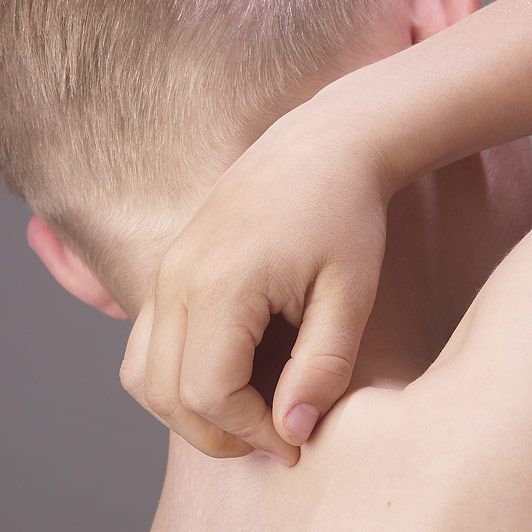
WEDNESDAY, June 25, 2014 (HealthDay News) — Some popular over-the-counter acne treatments can cause severe irritation or even potentially life-threatening allergic reactions, the U.S. Food and Drug Administration said Wednesday.
The products contain the active ingredients benzoyl peroxide or salicylic acid and are applied to the skin. They are available as gels, lotions, face washes, solutions, cleansing pads, toners and face scrubs, the FDA said.
The products are marketed under brand names such as Proactiv, Neutrogena, MaxClarity, Oxy, Ambi, Aveeno, and Clean & Clear, the agency said.
The serious allergic reactions caused by these products differ from the less harmful potential problems — such as dryness, itching, burning, peeling, redness and slight swelling — already listed on the products’ labels.
“There is currently no mention of the possibility of these very severe allergic reactions on the product labels,” Dr. Mona Khurana, a medical officer at FDA, said in an agency news release. “It’s important that consumers know about them, and that they know what to do if they occur.”
To find out if an over-the-counter topical acne product contains benzoyl peroxide or salicylic acid, consumers can check the “active ingredients” section of the drug facts label on the product’s package, the FDA said.
Between 1969 and the end of January 2013, the FDA received 131 reports of serious allergic reactions to these types of acne products in people ages 11 to 78. About 42 percent of the reactions occurred within minutes to 24 hours of use, the agency said.
Severe allergy symptoms such as throat tightness, shortness of breath, wheezing, low blood pressure, fainting, or collapse were experienced by patients in 40 percent of the reported cases. Other symptoms included hives, itching of the face or body, and swelling of the eyes, face and lips.
No deaths were reported, but 44 percent of the patients required hospitalization, said the FDA. The agency said it will continue to monitor and evaluate the issue and is asking manufacturers to include label information advising consumers how to test the product’s safety before they use it for the first time.
Khurana suggested that new users apply a small amount of the product to a small affected area for three days. If no problems occur, they can follow the label directions for normal use.
Stop using a product and get immediate medical help if you develop: throat tightness; breathing problems; swelling of the eyes, face, lips or tongue; or feel faint, Khurana said. Stop using a product if you develop hives or itching of the face or body.
Dr. Jennifer Stein, an assistant professor of dermatology at NYU Langone Medical Center, in New York City, stressed that these incidents are rare.
“Although it’s relatively common to have a reaction to a topical acne medication, a severe and possibly deadly reaction is very rare,” she said. “The FDA analysis showing only 131 serious allergic reactions over the past 44 years of dermatologic practice demonstrates how rare it is. This is all the more compelling given the common use of over-the-counter acne medication.”
Dr. Luz Fonacier is head of allergy and the training program director at Winthrop University Hospital, in Mineola, N.Y. She said that if a severe “allergic reaction is suspected, the patient should see an allergist, get evaluated for possible causes and consider carrying an epinephrine self- injector.”
More information
The American Academy of Family Physicians has more about acne treatment.
Copyright © 2026 HealthDay. All rights reserved.

